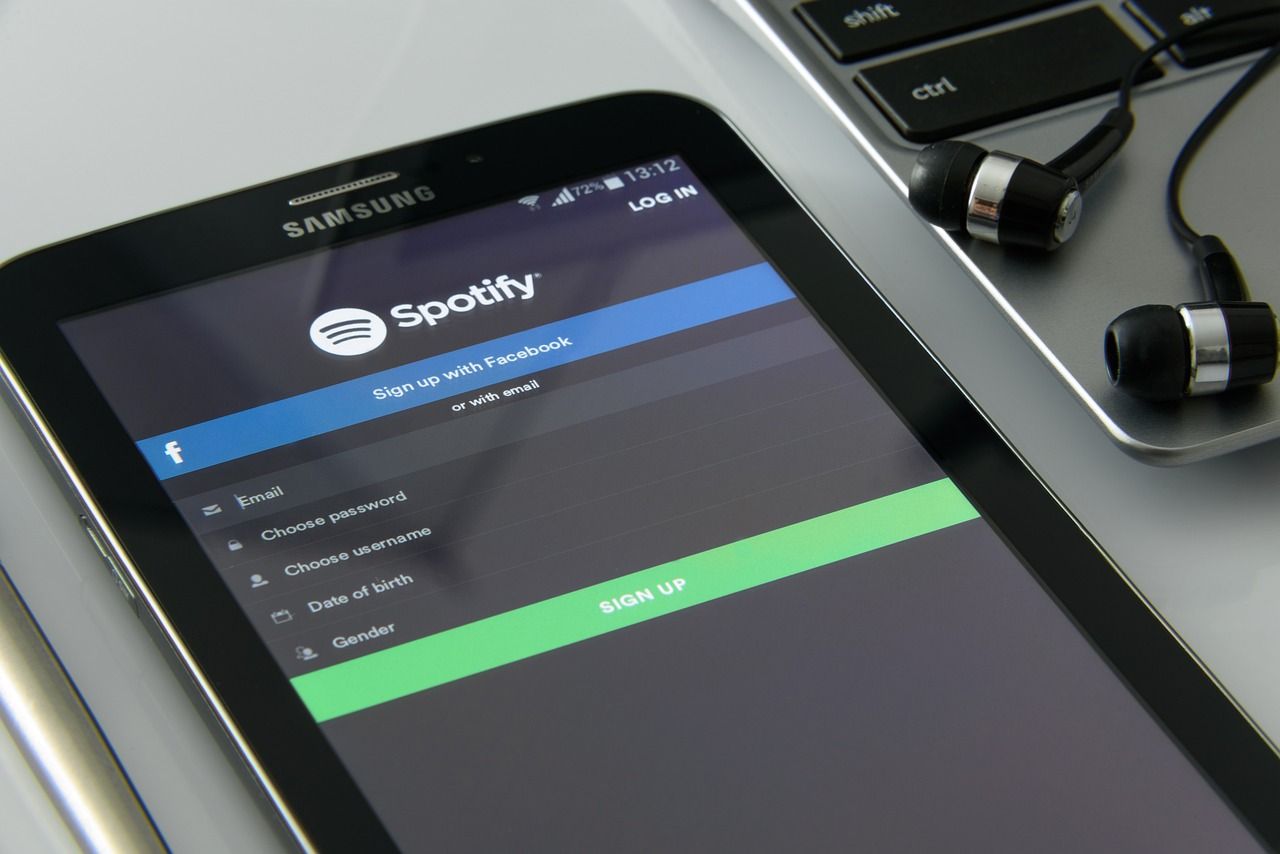Spotify has become a household name for music lovers across the globe. It’s a platform that revolutionized how we consume music, offering millions of songs at our fingertips. But have you ever wondered, who owns Spotify? In this blog, we’ll explore the company’s origins, its founders, and the key stakeholders who hold a piece of this music streaming giant.
Let’s dive into the fascinating world behind the tunes you stream every day.
The Birth of Spotify: Meet the Founders
Spotify was born out of a vision to create a legal and user-friendly way to combat music piracy. In 2006, Daniel Ek and Martin Lorentzon co-founded the company in Stockholm, Sweden.
Daniel Ek, a tech enthusiast and entrepreneur, brought his expertise in programming and business strategy. Martin Lorentzon, on the other hand, had a background in advertising and a knack for investments. Together, they created what is now the world’s leading music streaming service.
Early Days and Challenges
Building Spotify wasn’t an easy journey. The founders faced numerous challenges, including negotiating licensing agreements with record labels. These negotiations were critical because Spotify’s model relied heavily on offering a massive library of licensed music to its users.
So, while Spotify’s success may seem inevitable now, it’s important to remember the hurdles the founders had to overcome to turn their dream into a reality.
Who Owns Spotify Today?
When it comes to ownership, Spotify is a publicly traded company. This means that it’s owned by shareholders who buy and sell its stocks on the market. However, not all shareholders are equal. Let’s break down the key players:
Founders’ Stake
Daniel Ek and Martin Lorentzon still hold significant stakes in Spotify. While their combined ownership has decreased over time due to stock sales and dilution, they remain influential figures in the company.
Apart from the founders, several institutional investors own large portions of Spotify. These include investment firms, mutual funds, and private equity groups. Some of the most prominent shareholders include:
- Tencent Music Entertainment: A Chinese conglomerate with a strategic partnership with Spotify.
- Baillie Gifford: A global investment management firm with a strong interest in technology companies.
- Morgan Stanley: One of the world’s leading financial institutions.
Public Investors
The general public also owns Spotify. Anyone can buy Spotify shares through stock exchanges like the New York Stock Exchange (NYSE), where the company is listed under the ticker symbol “SPOT.”
How Spotify Went Public
Spotify made headlines in 2018 when it chose a unique method for going public: a direct listing. Unlike a traditional IPO (Initial Public Offering), a direct listing allows existing shareholders to sell their shares directly to the public without issuing new ones.
This approach saved Spotify millions in fees and allowed for a smoother transition to becoming a public company. However, it also meant that the company didn’t raise additional capital during the listing process.
The Role of Strategic Partnerships
Ownership isn’t just about stocks; it’s also about influence. Over the years, Spotify has formed strategic partnerships that impact its operations and growth. For instance, Tencent Music’s stake in Spotify led to a collaboration that opened doors for both companies in their respective markets.
These partnerships not only boost Spotify’s reach but also provide financial stability, making it a win-win situation for all parties involved.
The Influence of Founders
Even though Spotify is now a public company, Daniel Ek and Martin Lorentzon continue to play pivotal roles. Daniel Ek serves as the CEO and is often regarded as the face of Spotify. His vision and leadership drive the company’s innovation and expansion.
Martin Lorentzon, while less involved in day-to-day operations, remains a key figure in shaping the company’s strategy.
Why Ownership Matters
Understanding who owns Spotify gives us insights into how decisions are made. Ownership influences everything from the platform’s policies to its long-term goals. For instance, the involvement of large institutional investors ensures financial stability, while the founders’ vision keeps the company focused on innovation.
Spotify’s Future: What Lies Ahead
Spotify’s ownership structure is likely to evolve as the company grows. With its focus on expanding into new markets, enhancing user experience, and investing in podcasts and audiobooks, Spotify’s future looks promising.
However, with great ownership comes great responsibility. Shareholders, founders, and executives must work together to ensure that Spotify continues to thrive in an increasingly competitive industry.
Conclusion: The Tune Behind the Ownership
So, who owns Spotify? It’s a mix of founders, institutional investors, and the public. This diverse ownership structure allows Spotify to balance innovation, growth, and financial stability.
As you stream your favorite playlist, remember the intricate web of ownership and decision-making that makes Spotify the powerhouse it is today. Whether it’s Daniel Ek’s leadership or the support of major shareholders, every stakeholder plays a role in keeping the music alive.
For further reading, explore these related articles:
- “The Ultimate Guide to Choosing the Best Music App for You”
- Unlocking the Music Business: A Beginner’s Guide to Making It in the Industry
For additional resources on music marketing and distribution, visit Deliver My Tune.






